
26 October 2024
Mental Health As A Major Concern Takes Over Other Concerns
The latest Ipsos survey found that people consider mental health to be a bigger worry than cancer and obesity. Denis Campbell of the Guardian reports, 'Ipsos interviewed 23,667 people in 31 countries, including the US, Malaysia and India, in July and August. That included a representative selection of 1,000 Britons.'
He adds, “here in the UK we’re seeing growing recognition of mental health as a major concern, with 54% of Britons now saying it’s a pressing health issue facing the country’, said Simon Atkinson, Ipsos’s chief knowledge officer. Globally, “the pandemic is still casting a long shadow”.'
♦ Excerpts from: https://www.theguardian.com/society/2024/sep/20/mental-health-overtakes-cancer-and-obesity-as-britons-biggest-health-worry

27 May 2024
Loneliness Is Rife - Could AI Help?
“Tony Prescott, professor of cognitive robotics at the University of Sheffield, argues that AI has an important role to play in preventing human loneliness. Just as we develop meaningful bonds with pets, and have no qualms about children playing with dolls, so should we be open to the value of AI to adults, he says…. [it] would help build self-confidence.”…
“The magnitude of the loneliness problem has become clear in recent years. In the UK, more than 7%, or nearly four million people, are known to experience chronic loneliness, meaning they feel lonely often or always. According to a Harvard study from 2021, more than a third of Americans feel “serious loneliness”, and some of the worst-affected are young adults and mothers with small children.”…
“Sherry Turkle, professor of social science at MIT, has warned that forming relationships with machines could backfire, and lead people to have fewer secure and fulfilling human relationships.”…
“Researchers may soon know whether people turn to AI for company. Tech firms are building chatbots to be ever more fluent and responsive to emotions.”
♦ Excerpts from: https://www.theguardian.com/technology/article/2024/may/27/could-ai-help-cure-downward-spiral-of-human-loneliness

5 May 2024
What Is The Best Way To Manage Uncertainty?
People with obsessive compulsive disorders (OCD) are debilitated under the weight of 'uncertainty', which is a major issue in its own right in therapy. Angela Chen writes about her search for a helpful approach for her OCD. In her Guardian article she shares that the standard CBT methods of rationalising fears were not helpful to her. After a long search, she eventually came across a drastically different approach that proved effective. She writes, 'According to Mark Freeston, a psychologist at Newcastle University … instead of focusing on cognitive distortions, … patients accept physical signals of uncertainty. …Freeston and his collaborators … found that “making friends with uncertainty” helps decrease anxiety, even if the treatment never addresses a specific worry.'
Accepting uncertainty as a survivable reality does not happen overnight. Many therapeutic modalities weave this concept into their work. With the help of a trusted therapist, it is an achievable goal.
♦ Excerpts from: https://www.theguardian.com/wellness/2024/apr/30/cbt-cognitive-behavioral-therapy-ocd

I Can't Feel Emotions; I Don't Feel Connected!
8 April 2024
If you have limited access to emotions, it can be healing to write about or reflect on your childhood experiences with a deliberate compassionate lens. Emine Saner of the Guardian writes about Patric Gagne, who considers herself a sociopath trying to de-stigmatise her personality type through interviews and published works. “In writing about my experience as a child,” says Patric, “I was able to empathise with other children who might be in the same position, and it was powerful…” She found her own path to taking control of antisocial urges and gain better access to empathy and love, especially as a partner and mother of two.
Not every person with limited access to emotions is a sociopath - not even close. Patric Gagne’s experience demonstrates the sheer power of becoming an ally rather than staying an enemy of our child self.
If you feel too vulnerable and don’t have the resources to engage in the process of reflection, seeing a therapist can be transformative.
♦ Excerpt from: https://www.theguardian.com/lifeandstyle/2024/apr/08/patric-gagne-sociopath-fighting-urges

I Can’t Make Decisions!
6 February 2024
When anxiety has been constantly taking over in our daily life, our brain can become accustomed to staying in flight / fight / freeze survival mode. The result is black and white thinking and an inability to consider pros and cons, options and choices, and the longer term implications of these.
So, we find it harder to make considered decisions.
Few simple changes could help break the cycle. Here are some examples:
1- focusing on breathing and feeling the ground we are standing on;
2- writing down the problems, prioritising them and also writing down the pros and cons;
3- spending a few minutes each day noticing what we are feeling or thinking;
4- remembering that the stressed / anxious part of us needs our compassion and not condemnation;
5- focusing on something external to us that we find awe-insipiring for its own sake, no matter how unnoticeable to others.
If the present survival state has its roots in more long term life challenges, talking to a therapist can help make sense of them and over time learn to trust our gut.

Trust And Vulnerability, A Bond
27 November 2023
“Trust is the glue that binds us together, keeps us safe and in connection. Vulnerability and trust are therefore bound together… Although we are made to be resilient, we are equally prone to brokenness, trauma, distress and pain. Our ability to connect and …trust, are the ways we cope with vulnerability and transform it into strength. There is no trust without sharing. There is no sharing that doesn’t make you vulnerable in some way.”
♦ Excerpt from: Zoe Chouliara’s closing comments at a presentation on her research 'Trust as a therapeutic goal in working with complex trauma: a trust based clinical framework’. She is Professor in Mental Health at Abertay University, Division of Mental Health & Counselling.

Food For Thought About Wellness
14 November 2023
In her Guardian article, Katherine Rowland writes, ‘According to a 2019 report by the Global Wellness Institute, a non-profit advocacy organization, the industry represents a $4.4tn market. A 2021 NielsenIQ report declared health and wellness “THE single most powerful consumer force”.’
Rowland cites the work of the late social critic Barbara Ehrenreich from her book, Natural Causes. She notes Ehrenreich’s opinion that ‘our commitment to augmenting and bettering ourselves threatens to overtake, rather than improve, our minds and bodies.’ “You can think of death bitterly or with resignation … and take every possible measure to postpone it,” she wrote. “Or, more realistically, you can think of life as an interruption of an eternity of personal nonexistence, and seize it as a brief opportunity to observe and interact with the living, ever-surprising world around us.”
♦ Excerpt from: https://www.theguardian.com/wellness/2023/nov/01/wellness-industry-healthcare-women-stress

What Is PMDD And What Could Help?
19 October 2023
Premenstrual dysphoric disorder is a newly recognised hormonal/brain condition that affects one in twenty women who have periods. “A malfunction in the brain causes an abnormal negative severe reaction to those fluctuating hormones,” says Laura Murphy, a sufferer and director of Vicious Cycle.
“Symptoms include depression, anxiety and irritability, as well as reduced motivation, focus and libido”.
Sadly it takes years to get a diagnosis and many GPs and even psychiatrists still do not know about it. The condition was added to the World Health Organisation diagnostic manual as recently as 2019.
It is suggested that acknowledging, talking through, and reframing PMDD symptoms as strong but natural emotional fluctuations during the menstrual cycle can help people manage the condition better. According to the National Institute of Health, SSRI medication has also helped over 60% of women with PMDD.
Excerpts from: https://www.theguardian.com/lifeandstyle/2023/oct/16/my-self-worth-plummeted-every-month-the-hidden-disorder-that-can-ruin-womens-lives
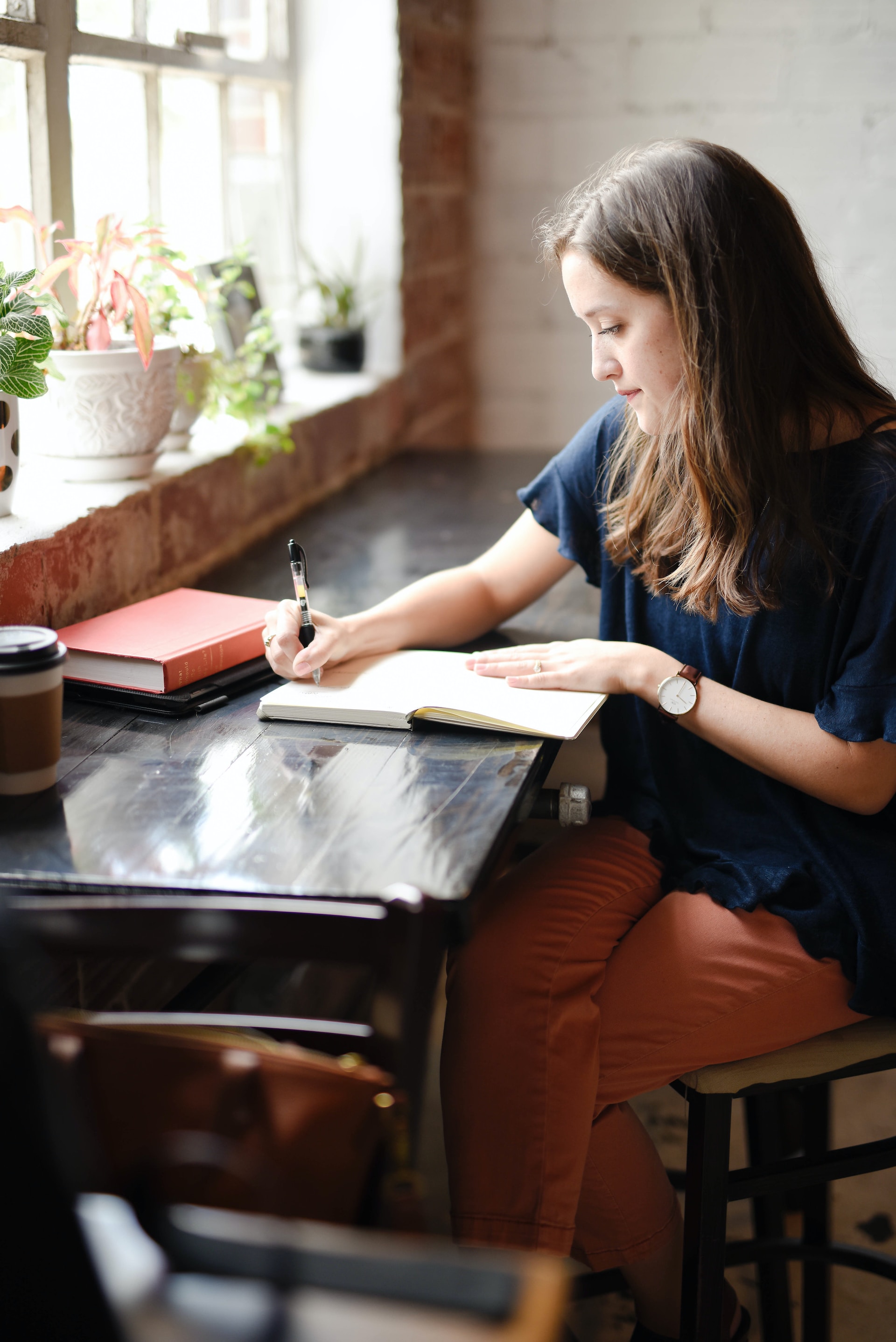
What Does Happiness Mean?
30 September 2023
Yesterday, the Google Doodle celebrated the life and work of Mihaly Csikszentmihalyi, the psychologist who introduced the idea of happiness as a state that can be reached by achieving “flow”. Flow is in his words, “a state in which people are so involved in an activity that nothing else seems to matter; the experience is so enjoyable that people will continue to do it even at great cost, for the sheer sake of doing it” (1990).
Others have described happiness by using charts, pyramids and circles, and including words like ‘meaning’, ‘self actualisation’, ‘love / belonging’, ‘safety’ and so on. The words are then described and discussed.
In therapy, much of the work involves exploring what happiness means to the person and what they want to do with it.
What does happiness mean to you?
♦ Excerpt from: https://positivepsychology.com/mihaly-csikszentmihalyi-father-of-flow/#:~:text=In%20Csikszentmihalyi's%20words%2C%20flow%20is,doing%20it%E2%80%9D%20(1990).

Is social media harmful to kids and young people? Look at the evidence.
18 September 2023
It is in social media apps’ interest to keep their users engaged for as long as possible. Devi Sridhar, chair of global public health at the University of Edinburgh writes, “Screen time is their revenue stream: 99% of Snapchat revenue is from displaying advertising to its users; the figure for Meta, which owns Facebook and Instagram, is about 98%. The longer that kids spend on their platform, the more money they make.”
She adds, “research cited by Murthy [the US surgeon general] shows that adolescents who spend more than three hours per day on social media have double the risk of depression and anxiety. Furthermore, 46% of adolescents aged between 13 and 17 say social media makes them feel worse about their body image, and 64% of that age group are “often” or “sometimes” exposed to hate-based content.” She quotes the words of the president of the American Medical Association, Jack Resneck Jr: “With near-universal social media use by America’s young people, these apps and sites introduce profound risk and mental health harms in ways we are only now beginning to fully understand.”
♦ Excerpts from: https://www.theguardian.com/commentisfree/2023/jul/04/smoking-gambling-children-social-media-apps-snapchat-health-regulation

Therapy-Speak: Helpful In Everyday Communication, Or Harmful?
21 August 2023
In her Observer article, Eleanor Morgan writes, “If we’re often online and are plugged into wellness, self-help or relationship worlds on social media, therapy-speak is our first language. Here, algorithms feed us from a bottomless well of content by coaches and other self-proclaimed experts who teach us how to cope with being triggered; how to identify a narcissist; how to “show up” in relationships; how to hold a boundary and so much more. With every scroll, a new tutorial in human psychology. But what are we actually learning?”
She adds, “The psychotherapists I have trained with, and been supervised by, use very little of the therapy-speak I see on social media. Theory and literature inform the work, but conversations are in much more plain English than you might think. This is what we try to invite in our clients: the freedom to speak plainly...In my experience, some younger clients have brought in words like “triggering”, “gaslighting”, “narcissism” and some confident diagnoses of others’ “personality disorders”. Sometimes, it has seemed hard for them to name emotions like fear or anger.”
She concludes, “Social media undoubtedly plays a role in flattening human emotions into neat, shareable terms. We’re encouraged to pathologise friends, family or lovers with vocabulary that strips away nuance and context.”
But on the other hand, it is not so straightforward. “If a young person is struggling because their parents can barely afford to feed them, or with their identity in a world that doesn’t seem hospitable to who they might want to be, might appropriating therapy-speak help them feel like they have more agency?”
So, perhaps pros and cons. I think the language gives people permission to think about their mental health as an entity. But out of context it is too neat and labelling. Therapy helps us get away from labels and become more free with our thoughts, feelings and dreams. It helps us make better sense of our existence in the world.
♦ Excerpts from: https://www.theguardian.com/society/2023/aug/20/triggered-toxic-narcissist-are-you-fluent-in-therapy-speak
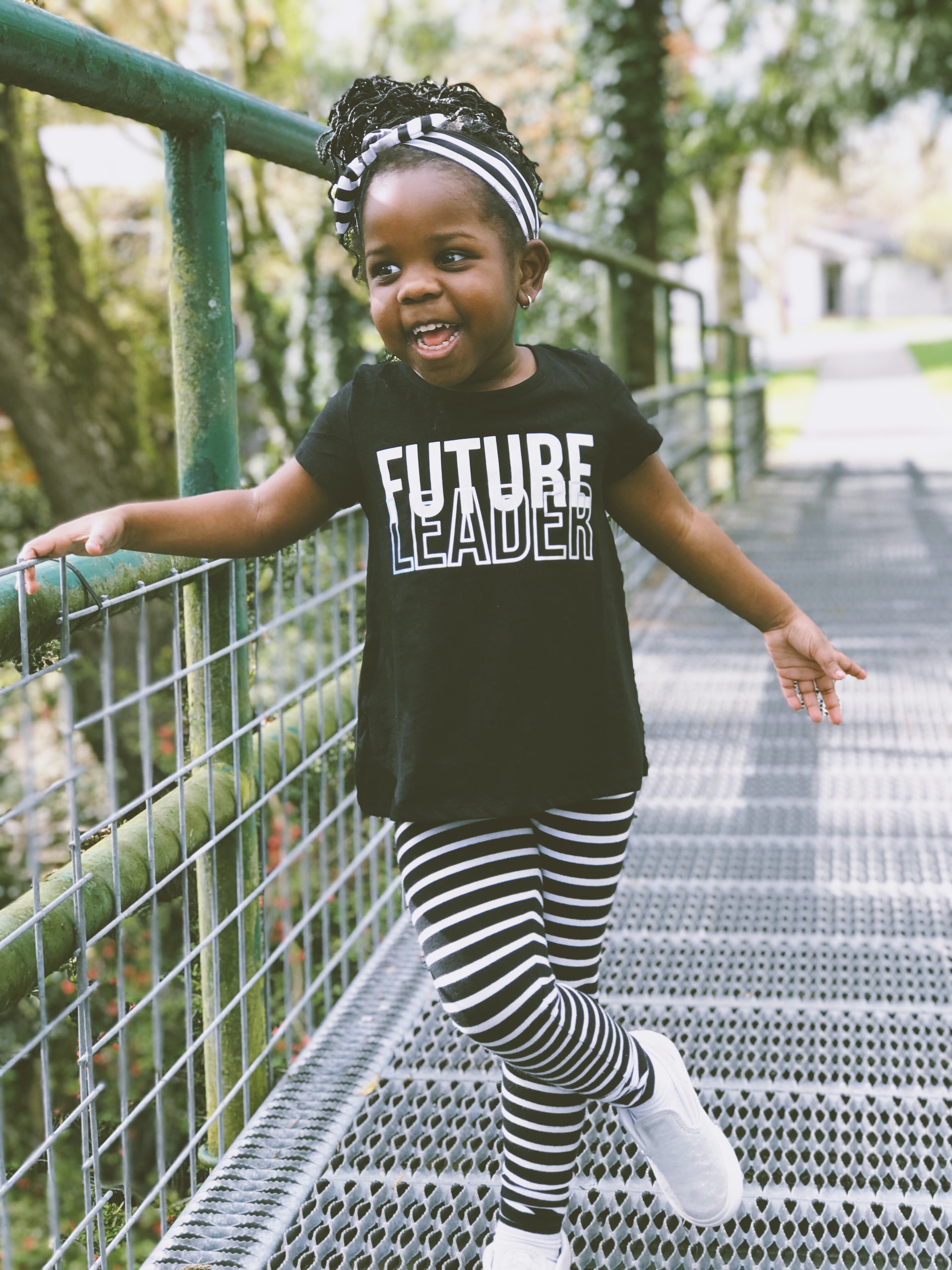
Fat Is Bad, Thin Is Good? Think Again!
24 July 2023
Virginia Sole-Smith has just produced a best-seller called, Fat Talk: Coming of Age in Diet Culture.
Among other things, she points out that, “the eat-less-exercise-more mantra has been repeated so many times … The reality is much more complex and involves our genetics, our physical and food environments, and our microbiome – all things over which we have little personal control and which interact with each other in ways we do not fully understand.”
She says, “The strongest predictors for weight gain in children are weight teasing and being put on a diet; they are also strong predictors for eating disorders.”
At the end of her Observer article on Sole-Smith’s work, Rebecca Seal concludes, “Rather than fixating on how to feed my children perfectly, I might instead be able to make them feel safe inside their own skins…”
♦ Excerpts from: https://www.theguardian.com/society/2023/jul/23/parenting-kids-weight-virginia-sole-smith
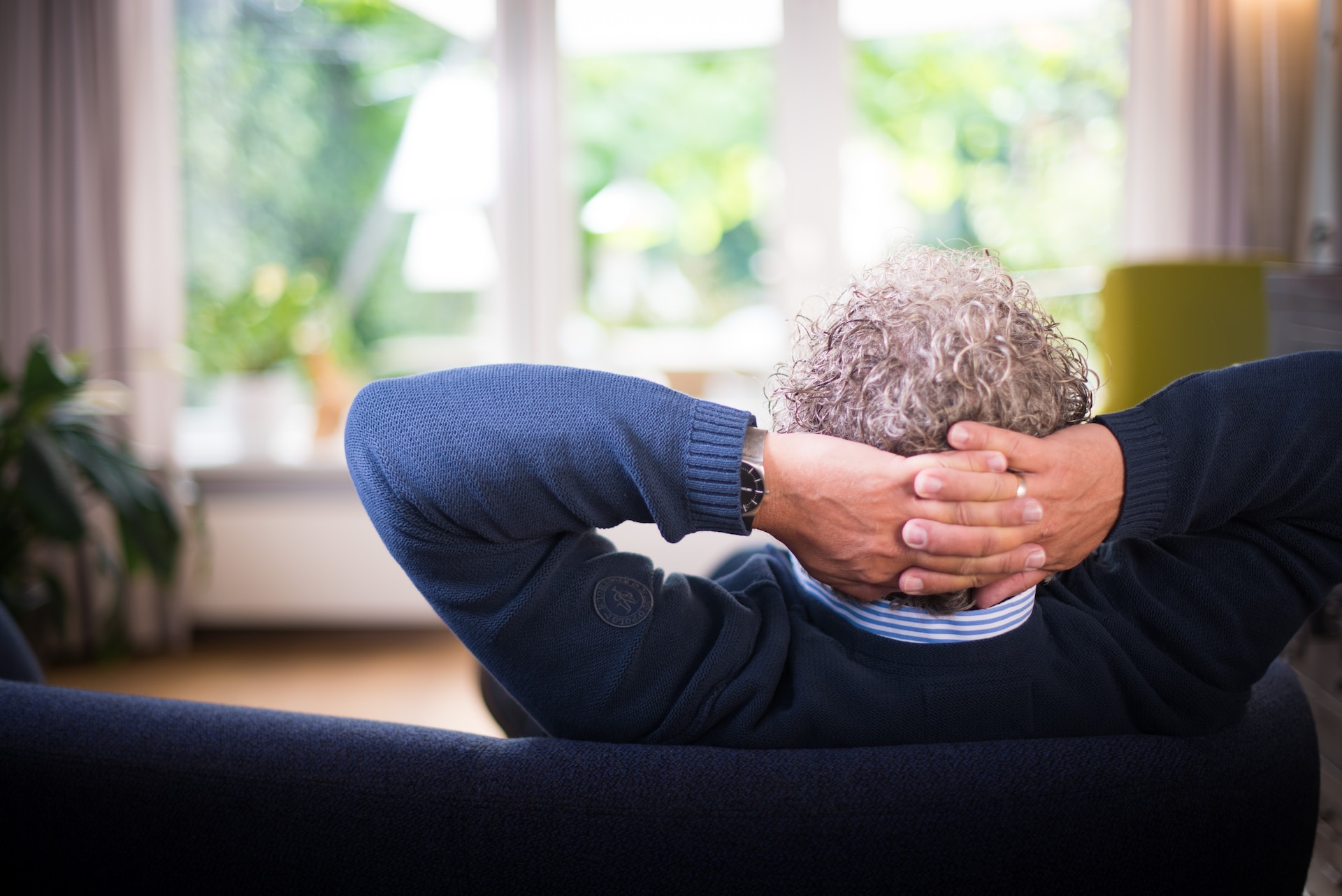
Some Tips For Choosing The Right Therapist
19 July 2023
Therapy helps many of us to change our lives for the better. But there are some important things to look out for when choosing a therapist:
Is the therapist a member of (or better, accredited with) a reputable organisation? Do they give clear information on their website or directly to you about a relevant complaints procedure, their theoretical model, a strong and effective code of confidentiality, their code of practice? Are they clear about their professional boundaries and expectations? Is their work regularly supervised by a professional supervisor? Does their professionalism come across as respectful, attentive and authentic?
Listen to your gut. If you feel safe in your therapist's presence and trust their professionalism, you may well have made the right choice.

Neurodiversity
11 July 2023
Celebrating the work of Judy Singer, an Australian sociologist. "In 1997 she transformed the way we think about human difference – and provided a name for a burgeoning movement": Neurodiversity.
Her efforts helped neurodiverse people who had been forced to fit into the dominant neurotypical expectations, to find their voice and fight for their rights.
♦ Excerpt from: John Harris - https://www.theguardian.com/world/2023/jul/05/the-mother-of-neurodiversity-how-judy-singer-changed-the-world

The Value Of Self-Care As A Carer
30 May 2023
Do you have a loved one with dementia in your family? Do you feel that at times all your efforts and care are spat out back in your face by them, by society, or even by yourself?
It is natural to feel exhausted, guilty, anxious, frustrated, sad and despairing if you are looking after a person with dementia, or are even just in their presence. This is why it is crucial to look after yourself: don’t expect more than you can do or be, and take time out to recover. In a Guardian article, Cynthia Dearborn shares her story: read it here

AI technology and existential implications
7 May 2023
AI technology has led to the emergence of systems such as Chat-GPT. In the last month four people have told me independently how it has affected their lives; one uses it to write his essays, another uses it to cook more amazing meals and the other two are convinced that they are going to lose their jobs in less than five years. On Social media we are already seeing incredible images that are artificially generated. Toby Walsh, head scientist at the University of New South Wales AI Institute, says, “When it comes to any digital data you see – audio or video – you have to entertain the idea that someone has spoofed it.”
There is increasing anxiety surrounding the future implications of the presence of AI in our lives, perhaps more than excitement. AI is here to stay. It may go so far as determining how we go about our lives and give new meanings to our existence. But here and now is what we have, where uncertainty and change are givens. And I hope we can keep alive the question, "who am I", that implies the powerful phrase, "I am".

Boundaries? Or Expectations?
21 February 2023
We use the word ‘boundaries’ to help us or others identify our needs without shame, to facilitate the care that we deserve, and ultimately to stay physically and mentally safe and well.
Boundaries are essential but not easy to set up. Setting up boundaries could mean going against the grain of convention or life-time habits, having to give up easier short term solutions or even challenge some established relationships.
So, how well do we understand the concept of boundaries, and how much do we depend on others for them? If to be less anxious I expect my husband to tell me exactly what time he is coming home every day, am I setting a helpful boundary for my wellbeing? Or am I setting myself up for failure because if he forgets, my resulting anxiety is his fault and I feel betrayed as well as anxious.
When boundaries turn into expectations, the result can be pressure, betrayal and resentment.
It is good to ask for help. But we need to be prepared to negotiate, while being respectful of other people's limitations and needs, and without pressure.

Childhood Trauma
29 January 2023
“Being conditioned as a child to see toxic relationships as almost normal can prevent an adult make loving connections.”
In a short article, Andrea Szasz (program director of a treatment centre for trauma, addiction and mental health) describes her work with a survivor of complex (childhood) trauma.
Her client is seeking to explore why she keeps falling into toxic relationships. For this client the process involves exploring and understanding her emotions in a trusting and stable relationship with her therapist, and meeting other people with similar experiences.
Szasz concludes, “Healing from complex trauma takes time and effort. Everyone deserves the support to do so.”
♦ Excerpts from: https://www.theguardian.com/commentisfree/2023/jan/30/survivors-of-childhood-trauma-often-grow-up-believing-they-are-unworthy

18 January 2023
Do Counsellors And Psychotherapists Get Emotionally Involved With Their Clients?
One of the most important elements of a therapist’s training is to learn to identify, understand and use their emotional reactions to clients. Emotions then become among the most powerful tools at their disposal to help clients along their therapeutic journey.
Using emotional reactions for therapeutic work is a powerful skill but hugely taxing as well. This is one reason why therapists see only a small number of people each day. Ongoing training, supervision and strong consistent boundaries help to develop a therapist’s emotional skills and maintain professional standards.

7 November 2022
If You Have Anxiety About Climate Change
Zahra Biabani a climate activist suggests:
“FOCUS ON GOOD NEWS: Find stories about progress made in curbing climate change or a new solution. ‘Look for information that is a source of encouragement and doesn't blindside you’.”
“GIVE YOURSELF A BREAK: Do something unrelated to the problem - exercise, go outdoors, read or watch a film. ‘Finding an activity not connected to climate change is really cathartic and really beneficial’."
Caroline Hickman, a psychotherapist suggests:
“TAKE ACTION: 'Join a local group that does something to tackle the problem, or lobby politicians to pass laws. ‘Find like-minded people and work together to advance a goal’."
“DO NOT TOTALLY SWITCH OFF:‘I caution people about shutting down completely - because when you wake up, the reality will be too extreme’.”
‘Doomism’ comes from a different place to the natural and necessary concerns about climate change. Counselling and psychotherapy could help.
♦ Excerpts from https://www.bbc.co.uk/news/science-environment-63516055

15 October 2022
Women and Motherhood
"The idea that women must want to be mothers, and then must be glowing and thrilled with their babies, that they mustn’t complain or be unhappy with their new role, is still intricately woven into our culture. And that pressure creates shame that women swallow and pass on, and it is that shame that stops women from asking for the help they so desperately need."
♦ Excerpt from https://www.theguardian.com/society/2022/oct/15/how-the-psychiatric-ward-rescued-me-from-post-partum-psychosis-elizabeth-sankey

24 September 2022
Experiencing WOW moments: awe is good for health
Eleanor Morgan of the Guardian suggests, “When you feel awe, stay with it. If something makes you feel small, goosebumpy or teary, stay with the feeling. Notice the physical sensations. Resist the temptation to move on to the next thing. Emotions can have muscle memory: if we practise recognising what it’s like to really revel in awe, we may open ourselves to feeling it more in our day-to-day lives.”
My job allows me to step into people’s worlds. The awe I experience there, is the main reason why I am a still a therapist after 3 decades.
♦ Excerpt from: https://www.theguardian.com/lifeandstyle/2022/sep/23/how-getting-more-awe-can-improve-your-life-and-even-make-you-a-nicer-person

1 September 2022
Postnatal Depression: Lethargy, Low mood, Insomnia, ... and Rage
Monisha Rajesh shares what she went through, how devastating it was, how ashamed she felt and what helped.
You can read her account in the Guardian (https://www.theguardian.com/lifeandstyle/2022/aug/31/moment-changed-me-smashed-toddlers-toy-kitchen-smithereens-knew-i-needed-help)
Have you experienced these emotions yourself as a mother? If yes, have you shared them with anyone? If you have not experienced postnatal depression, do you know anyone who has?

23 August 2022
In light of recent research findings, should we still be taking antidepressants?
The belief that depression is caused by a chemical imbalance in the brain was recently challenged by a team of scientists at University College London.
“Many people take antidepressants because they have been led to believe their depression has a biochemical cause, but this new research suggests this belief is not grounded in evidence,” said the study’s lead author, Joanna Moncrieff, a professor of psychiatry at University College London and consultant psychiatrist at North East London NHS foundation trust.”♦
Antidepressants are not helpful for everyone and many suffer serious adverse effects. However, for a sizeable number of people the positive effects of antidepressants in helping them reconnect with life are clear. How are we to understand all this? What are the implications for our mental wellbeing?
A holistic approach that explores all aspects of life: psychological, social / historical and biological / organic, may be what we need. Every life is a strong and colourful weave of internal and external connections.
♦ Excerpt from https://www.theguardian.com/society/2022/jul/20/scientists-question-widespread-use-of-antidepressants-after-survey-on-serotonin

16 August 2022
Brown noise soothing the mind
Have you ever listened to brown noise to relax? Some people with ADHD, anxiety, intrusive thoughts, tinnitus or noisy neighbours report that brown noise helps to calm their brain.
I found a very good version online by Jason Lewis who says:
"Brown noise is a useful sound masking tool, that can block out external sounds and distractions and be used in many different ways. Compared to white and pink noise, brown noise uses mostly lower frequencies and is considered the most soothing to listen to of the three."
What sounds relax you most?
♦ Excerpt from: https://www.youtube.com/watch?v=RqzGzwTY-6w

19 July 2022
""Five years ago I felt like a failure as a dad""
"Looking back now at his early days as a dad, ...[Marvyn Harrison] wishes he’d had more skin-to-skin contact with his babies, carried them in slings, helped his wife more with the night feeds and talked to them more often about anything – even if it was just what they had for breakfast. “Your voice should be soothing to your child, it should be something that calms them – and so should your smell, your touch. And it all helps you – not just with their connection to you, but with your connection to them.”"
""I want to be with my children. I want to have experiences with them. I want to take them places. They are the most important people in my life.”"
♦ Excerpt from: https://www.theguardian.com/lifeandstyle/2022/jun/19/five-years-ago-i-felt-like-a-failure-as-a-dad-now-i-am-sharing-how-to-love-children
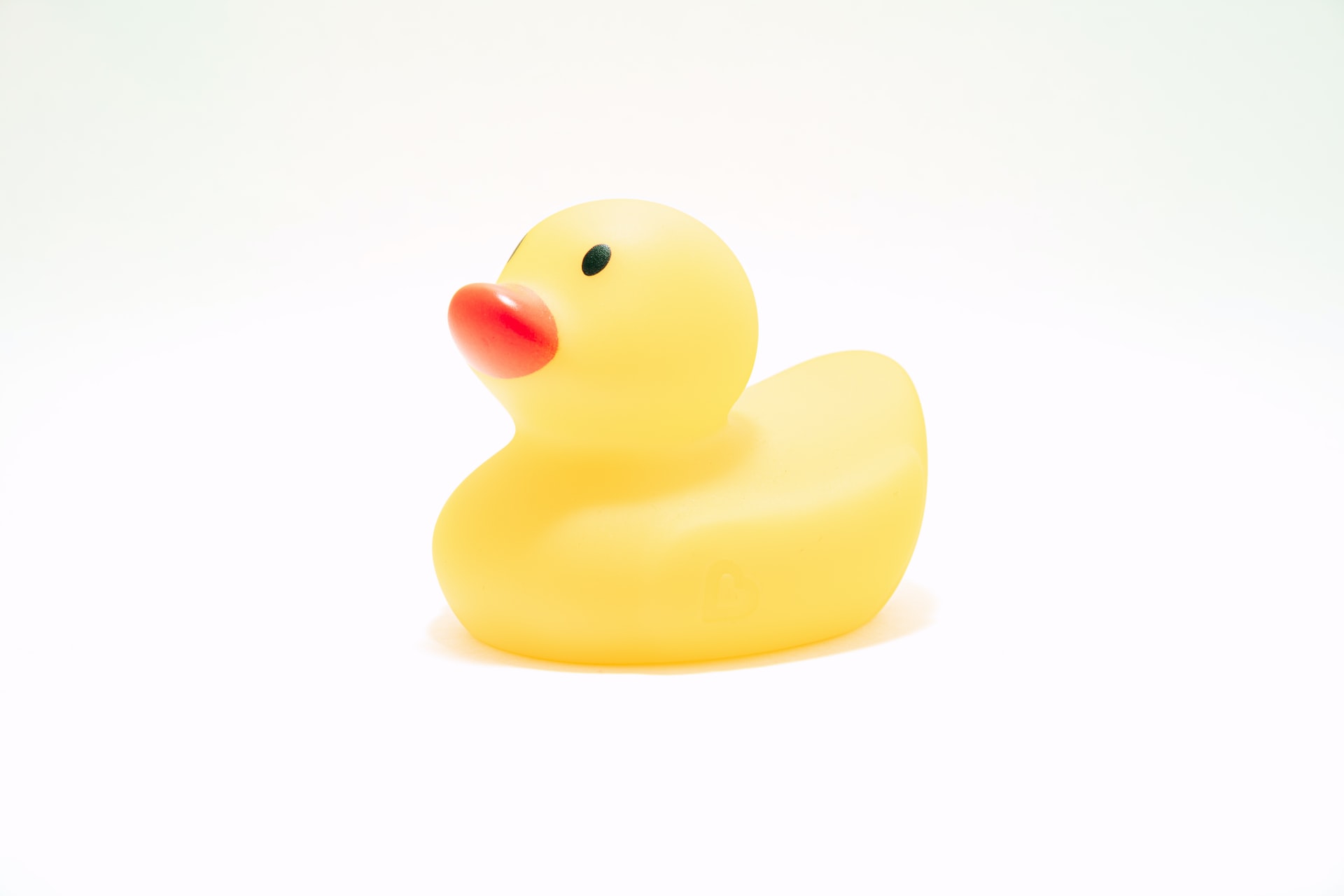
12 July 2022
Early Experiences Are Massively Important
"...If a child has faulty vision during a critical period after birth, he [neurobiologist Colin Blakemore] found, the brain will never develop the ability to see properly, even if eye problems are then fixed. That theme echoes through developmental science. The younger you are, the more it matters what happens to you."
♦ Excerpt from: https://www.theguardian.com/commentisfree/2022/jul/10/evidence-grows-lockdown-harm-to-young-but-we-act-as-if-nothing-happened

12 June 2022
Is There a Difference Between Counselling and Psychotherapy?
This depends on the therapist’s training. Traditionally, the term Counselling referred to relatively short-term therapy (weeks or months), focusing mainly on strengthening a person’s resources and improving their life in their present circumstances. Psychotherapy on the other hand referred to longer term work (months or years) for a deeper focus on the person’s life since childhood, to help them understand themselves and transform their lives for ever.
In reality, Counselling and Psychotherapy are identical in depth and value and many therapists use these terms interchangeably. The differences of focus are more to do with the type of training / modality. Ask your therapist about their training and focus. It helps to know something about the type of therapy you are receiving so you can decide if that is what you want to commit to.

10 June 2022
Why do we buy it?
"Research findings that are probably wrong [are] cited far more than robust ones, study finds"
"Scientific research findings that are probably wrong gain far more attention than robust results, according to academics who suspect that the bar for publication may be lower for papers with grabbier conclusions."
"Studies in top science, psychology and economics journals that fail to hold up when others repeat them are cited, on average, more than 100 times as often in follow-up papers than work that stands the test of time."
♦ Excerpts from Ian Sample, science editor, The Guardian, 21 May 2021

20 May 2022
2022 UK Public Perceptions Survey: talk to a counsellor or psychotherapist
"Almost nine in ten people (88%) agree it's important therapy should be accessible to everyone who wants it, and 85% agree it’s a good idea to seek counselling or psychotherapy for a problem before it gets out of hand.
65% of people agree it’s better for people to talk to someone about their problems rather than take medication, and 74% agree people might be happier if they talked to a counsellor or psychotherapist about their problems."
"All figures... are from YouGov Plc. Total sample size was 5136 adults. Fieldwork was undertaken between 9th - 23rd February 2022. The survey was carried out online. The figures have been weighted and are representative of all GB adults (aged 16+)."
♦ Excerpts from https://www.bacp.co.uk/news/news-from-bacp/2022/9-may-mental-health-awareness-week-counselling-changes-lives/?
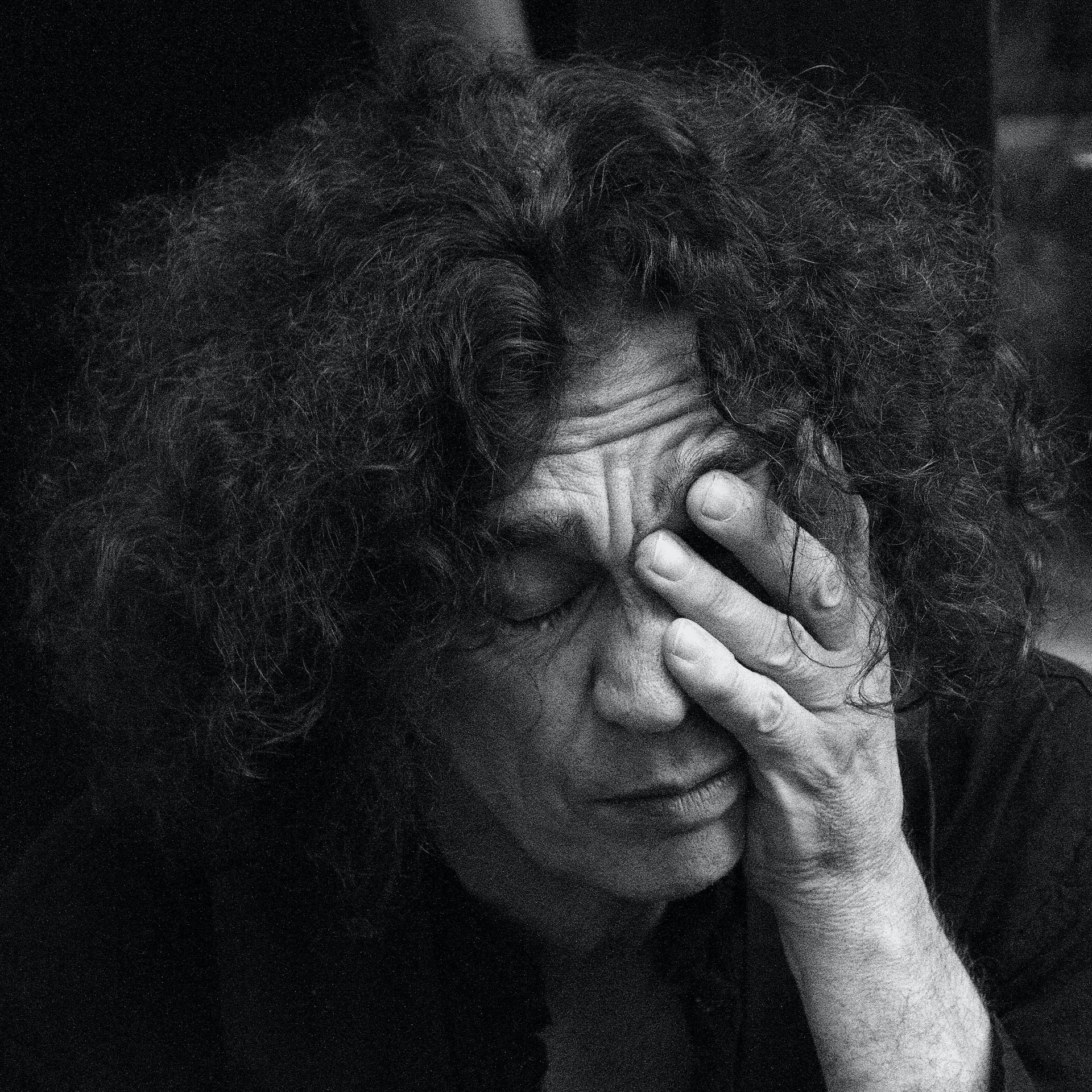
Loneliness
6 May 2022
"Samaritans says the Covid pandemic has led to more people calling its helpline about loneliness and isolation.
It is an issue affecting all ages.
Nearly a third of all callers contacting the charity during the pandemic mentioned it. Prior to that, it was about a quarter."
♦ Excerpt from: https://www.bbc.co.uk/news/health-61332060 - posted 5 May

Trauma is a part of our human existence.
Here are some (often overlapping) types:
A single event trauma is when the brain is having trouble processing a threat.
A multiple event trauma (complex trauma) is when a number of such events are involved.
Developmental trauma is when we experience events over a period of time in the context of significant relationships. The more embedded they are in our childhood, the deeper is the impact.
Secondary or vicarious trauma is when we are exposed to and triggered by someone else’s experience.
Are any of these familiar?
Psychotherapy helps you to gently reconnect with the free and strong person that you are under the weight of trauma, and you can begin to slowly process the unprocessed.

UK Mental health unit patients and specialists speak out
“…Keir Harding, founder of Beam Consultancy, says such environments ‘recreate a lot of the trauma [patients] have lived through’.”
Emma from Derbyshire, an inpatient for 3 months in 2020 says: ”I know how close I was to not making it through. Now I channel that energy into trying to fight for other people."
“The Department of Health and Social Care said it was ‘rolling out integrated community mental health teams which will give 370,000 people with severe mental illness greater choice over their care’.”
♦ Excerpts from BBC File on 4 and UK Insight. By Adam Eley and Emma Forde
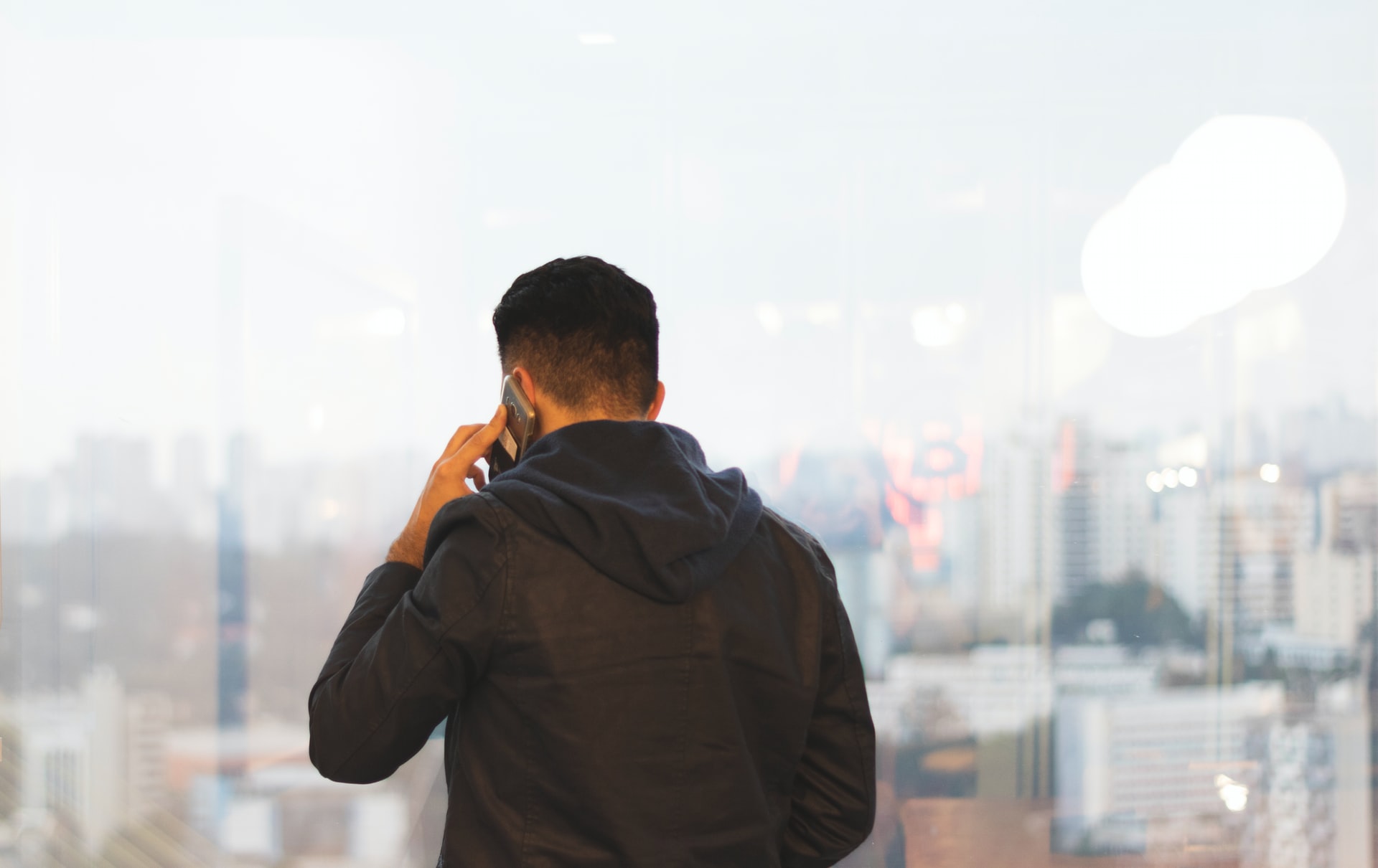
“Calls to male sexual abuse helpline doubled in 2021.”
Alex Feis-Bryce, Survivors UK: “We need to be teaching young people about consent and their responsibilities when it comes to sex, and to remove shame from sex, because that perpetuates silence.”
♦ Excerpts from Rachel Stonehouse, BBC Newsbeat Report, 10 January 2022

Anxiety: the 'fight, flight or freeze' responses
Like other animals, we have evolved to protect ourselves from perceived danger.
When our brain detects a threat, our body reacts by releasing useful hormones like adrenaline and cortisol. These hormones make us want to fight off danger or run away or numb out. These are automatic and uncontrollable physical responses.
'Fight, flight' responses are more commonly known, but what about 'freeze'? When our brain thinks it can do absolutely nothing to ward off danger, we go blank, or experience a kind of paralysis, or numbness. Click here for an excellent article about 'freeze'.

Emotions
Our survival instinct compels us to suppress the emotions that we think are a threat.
Recognising and expressing emotions safely, helps us own, understand and process them.
Express them by telling someone, imagining, making, drawing, painting, dancing, walking, running, punching (safely), digging, writing, listening to music, talking to yourself out loud, making noise, singing, playing, etc. Then... think through the impact of those emotions on you and what you're going to do with them.

National Institute for Health and Care Excellence (NICE)
November 2021: Qualitative evidence gathered by Royal College of Obstetricians and Gynaecologists offered 5 studies that showed "people with depression expressed strong beliefs about the potential benefits of talking therapies, either alone or in combination with antidepressants. The opportunity to gain insight and understanding, and to talk to a professional who is not part of their life, were particularly valued."

